
USC’s Shinso Ito Center for Japanese Religions and Culture will present “The Japanese American Citizen Isolation Centers of WWII” on Sunday, Oct. 7, from 1 to 3 p.m. at the Rosen Family Screening Room (227), Ronald Tutor Campus Center, University Park Campus, 3607 Trousdale Parkway, Los Angeles.
While the War Relocation Authority (WRA) camps and the Army/Department of Justice camps that incarcerated nearly 120,0000 persons of Japanese ancestry have rightly garnered attention as examples of violations of civil liberties in the U.S., the story of citizen isolation centers for those considered troublemakers is still little known. With a focus on confinement sites in Leupp, Ariz. and Moab, Utah, researcher Diana Emiko Tsuchida and filmmaker Claudia Katayanagi will speak about these high-security camps, now considered precursors to Guantanamo Bay prison, following the screening of “A Bitter Legacy.”
“An incorrigible troublemaker.” That’s what Topaz camp authorities called Tsuchida’s grandfather, Tamotsu (Tom). Born in Loomis and educated in Japan, he caught the attention of the WRA employees by encouraging fellow incarcerated Japanese Americans to protest their treatment and to speak up about their lack of food, the selling of camp medicine, and safe working conditions.
Though he mainly wrote op-eds and attended Kibei-led political meetings, his anger spurred him to intimidate fellow Japanese Americans, demanding that they come clean about what he perceived as their deceitful and treacherous behavior against their own community. After two incidents in Topaz put Tom on the FBI’s radar, he was transferred to Leupp without any warning or due process, leaving his young son and wife behind to be transferred to Tule Lake.
At the end of the war, he nearly took the family back to Japan but they eventually resettled in Oakland, where Tom would stay in touch with his fellow prisoners from Leupp for years.
The experience of the incarceration haunted Tom for the rest of his life and though he had stacks of his own writing and a framework of a memoir, all of it was lost years after he passed away, leaving murky details behind. Now 25 years after his death, his granddaughter is re-shifting the government’s permanent narrative about him and piecing together the family legacy that her grandfather, a complicated and proud man, left behind.
Admission is free. To RSVP and for more information, go online to: https://dornsife.usc.edu/cf/cjrc/event.cfm
Katayanagi, a Yonsei born in San Francisco, has been involved in the film industry for many years. Many of her family members were imprisoned in Topaz and Tule Lake, but few wanted to talk about their experiences in depth, part of the “social amnesia” phenomenon that Professor Tetsuden Kashima mentions in her film. She decided to explore the World War II Nikkei incarceration history.
During her research into this history, she came across these “Citizen Isolation Centers” in Camp Tulelake, Moab and Leupp. Only men were sent to these prisons. They were labeled “troublemakers” for simply asking questions, or refusing to sign the “l(fā)oyalty oath” until their families were freed from these prisons. With the guidance of the top historians in the field, many stories were revealed about these previously little-known prisons.
Katayanagi has traveled to eight of the 10 main incarceration camps, and all of the Citizen Isolation Center sites as well as Tule Lake Segregation Center. She has been on and filmed a number of pilgrimages over the last few years, including Manzanar, Topaz and Tule Lake. “A Bitter Legacy” is now an award-winning feature documentary. Go to her website (www.abitterlegacy.com) for more information.
Tsuchida is an independent writer and the creator of “Tessaku,” an oral history project and podcast dedicated to preserving and sharing stories about the Japanese American incarceration and the Japanese American WWII experience. Her work has been featured on NPR’s “Code Switch,” NBC’s “Asian Pacific America,” The Rafu Shimpo, and a TEDxPeacePlaza talk. You can read the oral histories she’s collected here: https://tessaku.com/
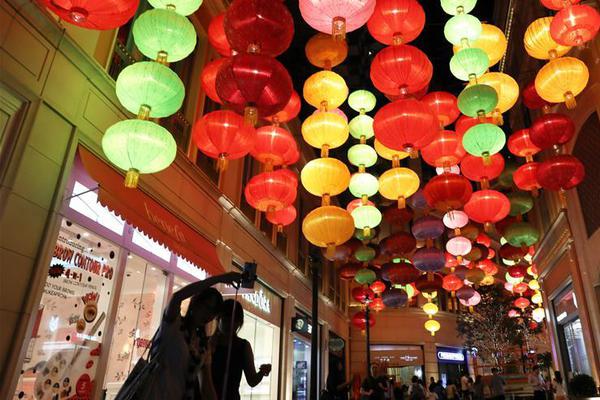 Секси косплей на Аду Вонг из Resident Evil в нижнем белье
Секси косплей на Аду Вонг из Resident Evil в нижнем белье
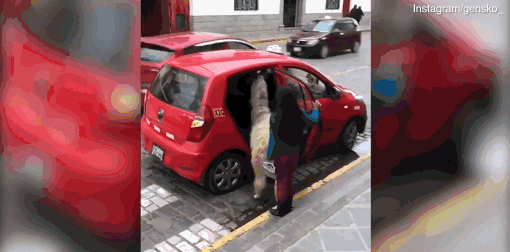 NYT's The Mini crossword answers for April 21
NYT's The Mini crossword answers for April 21
 Best smartphone deal: Get the Google Pixel 7 Pro smartphone for $499.99
Best smartphone deal: Get the Google Pixel 7 Pro smartphone for $499.99
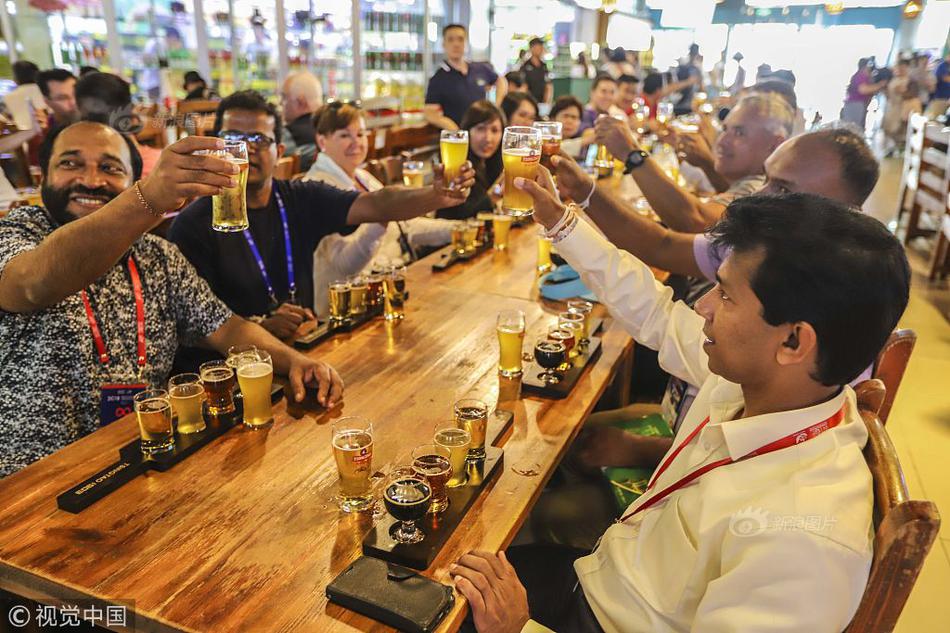 TikTok ban passes the House (again), with a few major differences
TikTok ban passes the House (again), with a few major differences
 Watching these Fox News hosts deflate while listening to Trump is oddly satisfying
Watching these Fox News hosts deflate while listening to Trump is oddly satisfying
 Manchester United vs. Coventry City 2024 livestream: Watch FA Cup for free
Manchester United vs. Coventry City 2024 livestream: Watch FA Cup for free
 Best litter box deal: Save up to 20% on self
Best litter box deal: Save up to 20% on self
 Amazon Smart Thermostat deal: Get it for 20% off
Amazon Smart Thermostat deal: Get it for 20% off
 Nilo высказался после перехода в Heroic
Nilo высказался после перехода в Heroic
 How to reset iPad
How to reset iPad
 Chrissy Teigen calls out Donald Trump Jr.'s suspiciously amazing book sales
Chrissy Teigen calls out Donald Trump Jr.'s suspiciously amazing book sales
 NRL 2024 livestream: How to watch NRL for free in US
NRL 2024 livestream: How to watch NRL for free in US
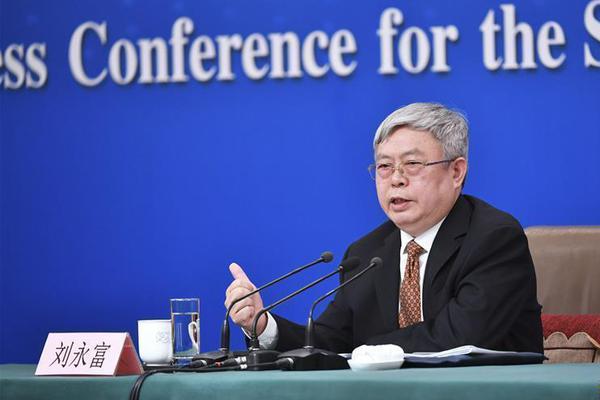 NYT's The Mini crossword answers for April 19
NYT's The Mini crossword answers for April 19
 What Robert Durst did: Everything to know ahead of 'The Jinx: Part 2'
What Robert Durst did: Everything to know ahead of 'The Jinx: Part 2'
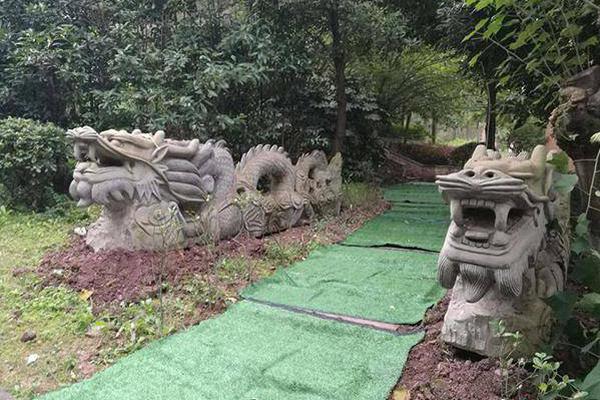 Trump complains about flushing, becomes the butt of Twitter jokes
Trump complains about flushing, becomes the butt of Twitter jokes
 How to track your partner's location like Taylor Swift in 'Black Dog'
How to track your partner's location like Taylor Swift in 'Black Dog'
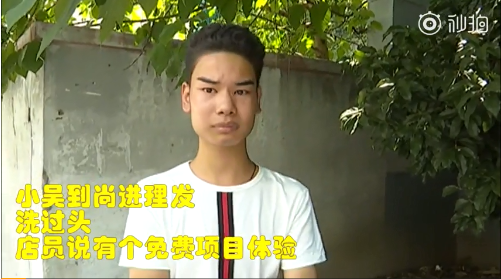 Wordle today: The answer and hints for April 20
Wordle today: The answer and hints for April 20
 TikTok ban passes the House (again), with a few major differences
TikTok ban passes the House (again), with a few major differences
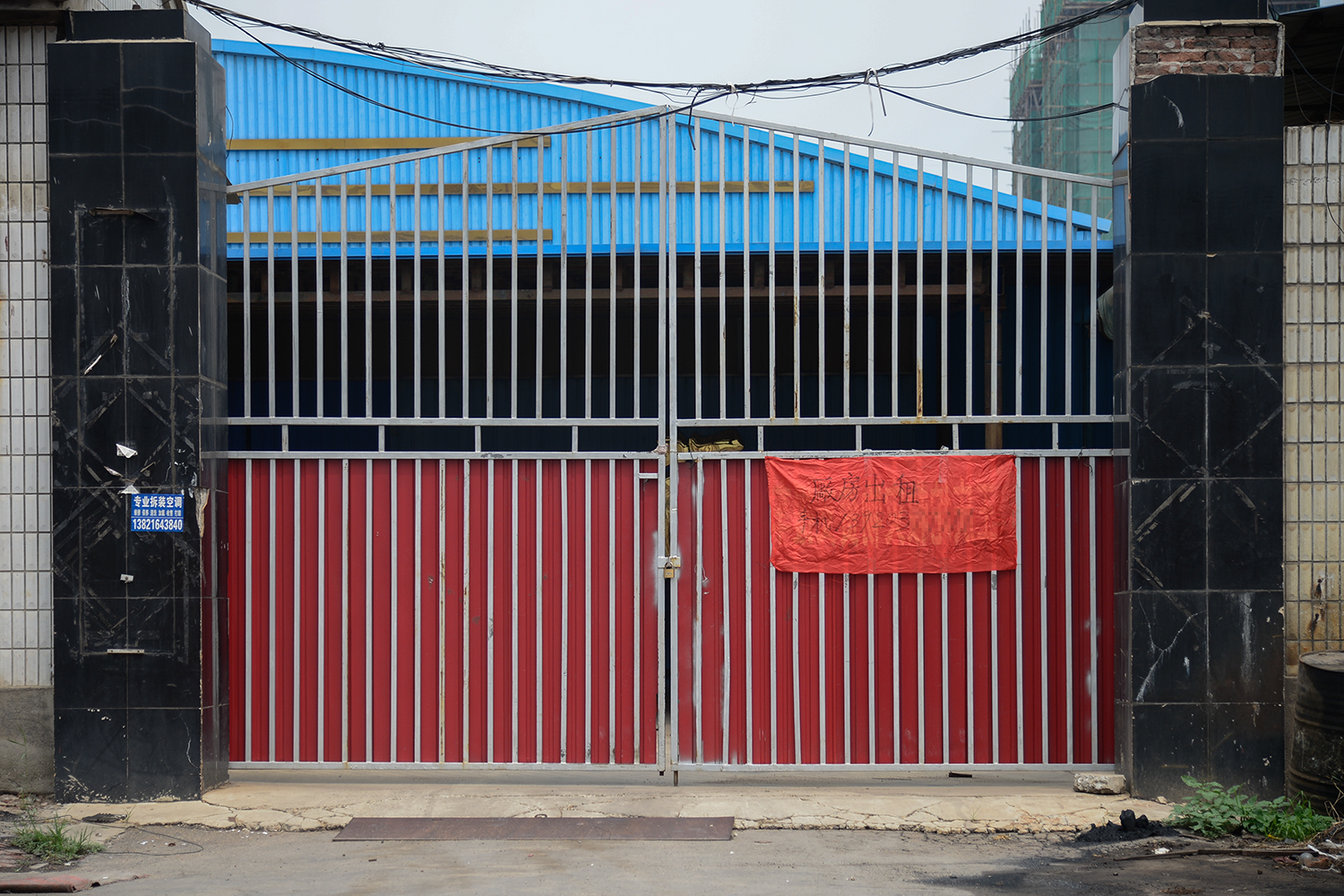 Фанат CS сделал тату с автографом Twistzz — киберспортсмен лично расписался на руке болельщика
Фанат CS сделал тату с автографом Twistzz — киберспортсмен лично расписался на руке болельщика
 NYT's The Mini crossword answers for April 21
NYT's The Mini crossword answers for April 21
NYT Strands hints, answers for January 11Best Black Friday 2024 fitness tracker deals: Garmin, Fitbit, OuraKecmanovic vs. Korda 2025 livestream: Watch Adelaide International for freeBest Cyber Monday keyboard deals for daily use and gamingBest Black Friday gift card deals: DoorDash, Instacart, Hulu, are live for a limited timeBest Black Friday kitchen deals 2024: Save on appliances, cookware, morePegula vs. Putintseva 2025 livestream: Watch Adelaide International for free20+ early Lego Black Friday deals: Star Wars, succulents, and moreUtah Jazz vs. Phoenix Suns 2025 livestream: Watch NBA onlineCatch early Black Friday deals on books at Walmart, Amazon Is Airbnb the reason renters can't find an affordable place to live in Sydney? 22 places we wrote down our tweets while Twitter was down Surfer Lives Matter hashtag appears in Australian town after shark attacks Clinton is calling out Trump tweets in the most lucrative way Cara Delevingne is getting her very own documentary Trump didn't quite get the memo on charity dinner with Hillary Clinton Trump says he'll accept the election results... if he wins About 100,000 devices helped take down the internet via a cyberattack Why hackers choose DDoS attacks Despite what this hat says, don't grab women 'by the brain' or otherwise
0.241s , 10188.6328125 kb
Copyright © 2025 Powered by 【phim nh?t ng??i l?n】Enter to watch online.‘The JA Citizen Isolation Centers of WWII’ at USC,